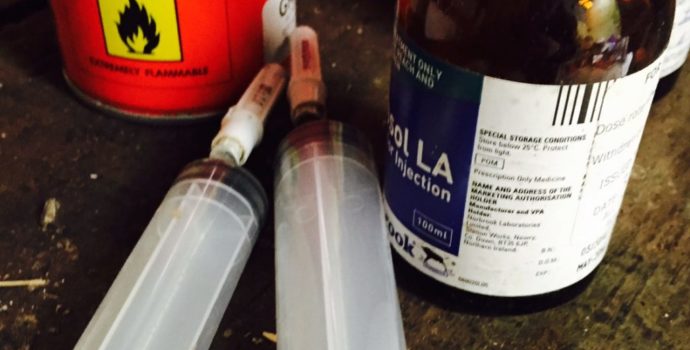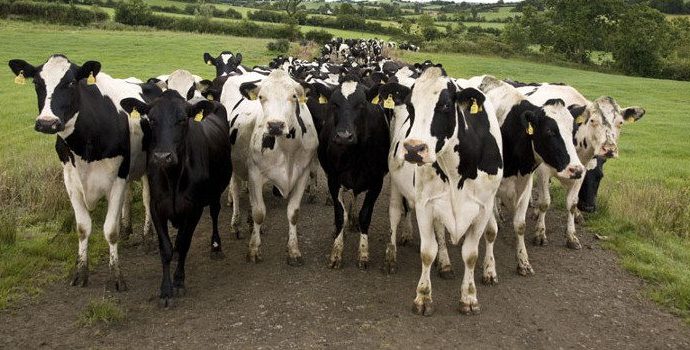IFA Challenges National Consumer Agency and Minister Bruton to Investigate Iceland over Questionable Pricing Policies

IFA President John Bryan today (Wed) called on the National Consumer Agency and on the Minister for Jobs, Enterprise and Employment Richard Bruton to investigate objectionable and confusing pricing policies by the British retailer Iceland by the Irish Farmers’ Journal and why they are charging Irish consumers almost 20% more in currency exchange. Mr Bryan also highlighted the failure of Iceland to genuinely engage with Republic of Ireland food suppliers and described them as a conduit for imports.
Iceland sells many frozen, fresh and ambient food products in packs prominently labelled with prices denominated in Sterling while the higher € prices actually charged at the tills appear on shelves. John Bryan said this is confusing for consumers and questionable in light of the Irish legal requirements that the prices displayed be ‘unambiguous’.
Market research published this week by the Irish Farmers’ Journal further shows that Iceland charge consumers a price premium of around 18% in € over the actual Sterling exchange rate. The IFA President queried why Irish consumers are expected to pay nearly 20% more than shoppers in the UK. He said, “Iceland cannot blame higher costs here as they are benefitting from massively reduced rents in the retail sector.”
“Consumers should be outraged that they are being charged an 18% premium in Euro over the Sterling price label on the products in Iceland’s Republic of Ireland stores. This blatant and ambiguous dual pricing practice is confusing, and the exorbitant exchange rate flies in the face of the claims of Iceland to be a discount store. The National Consumer Agency must investigate these practices urgently.”
Mr Bryan also denounced Iceland’s poor record in sourcing from Republic of Ireland suppliers of food, as the vast majority of the company’s offering to Irish consumers is imported. “Iceland have been present in the country for over 18 months. Most of the food in the stores is imported, including fresh produce readily available from Republic of Ireland suppliers, for example fresh beef, pork, poultry, milk and dairy, potatoes and seasonal vegetables,” he said.
“In these difficult times, it is crucial for businesses which depend on Irish consumers to treat them respectfully and fairly, and to support jobs in local supplier companies,” Mr Bryan concluded.




